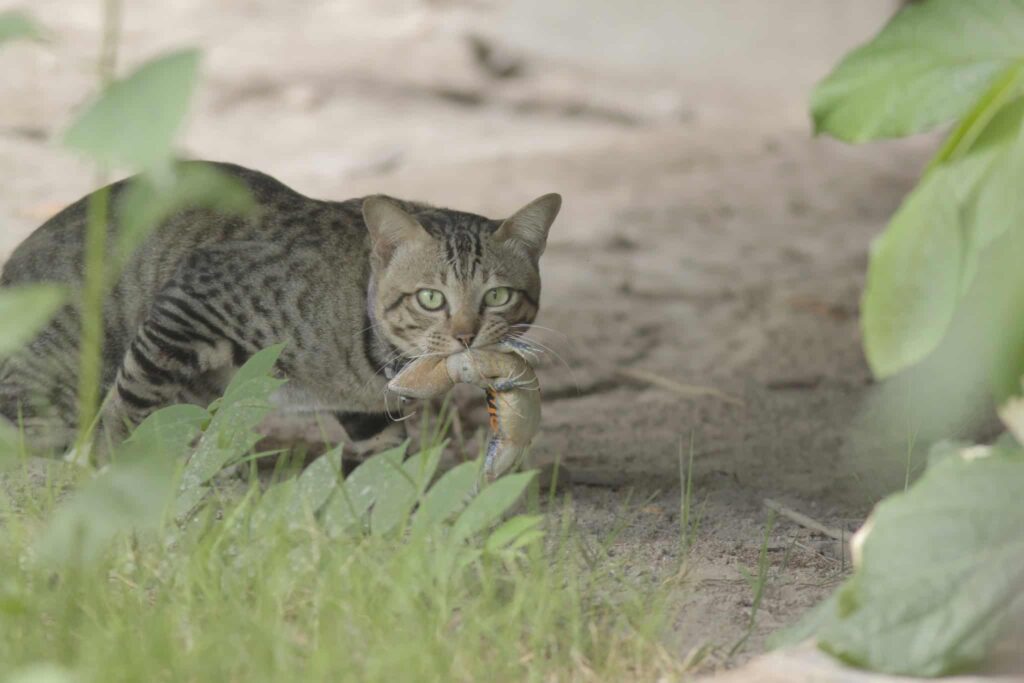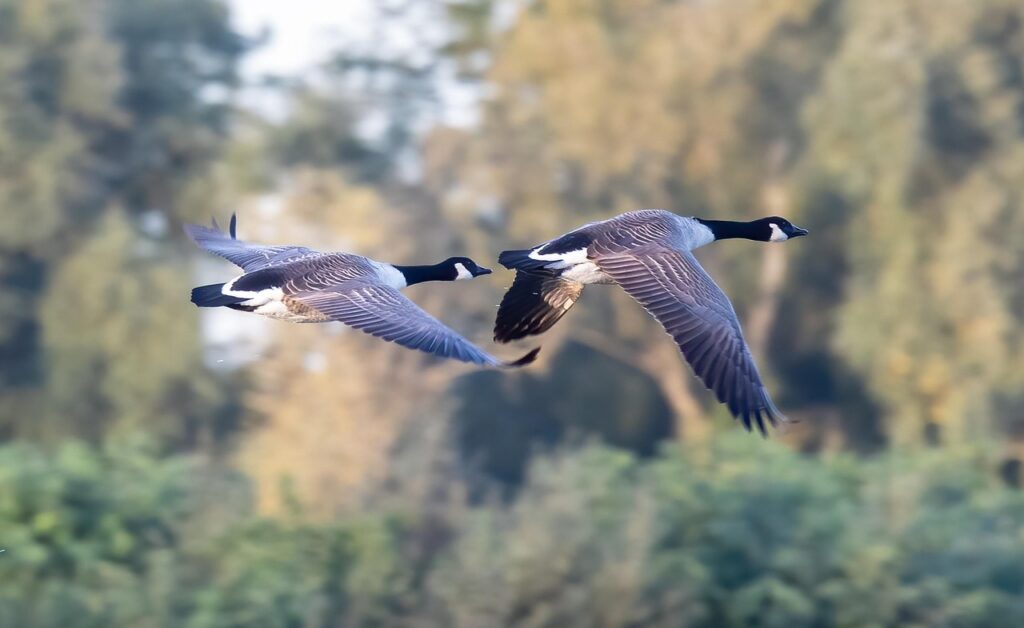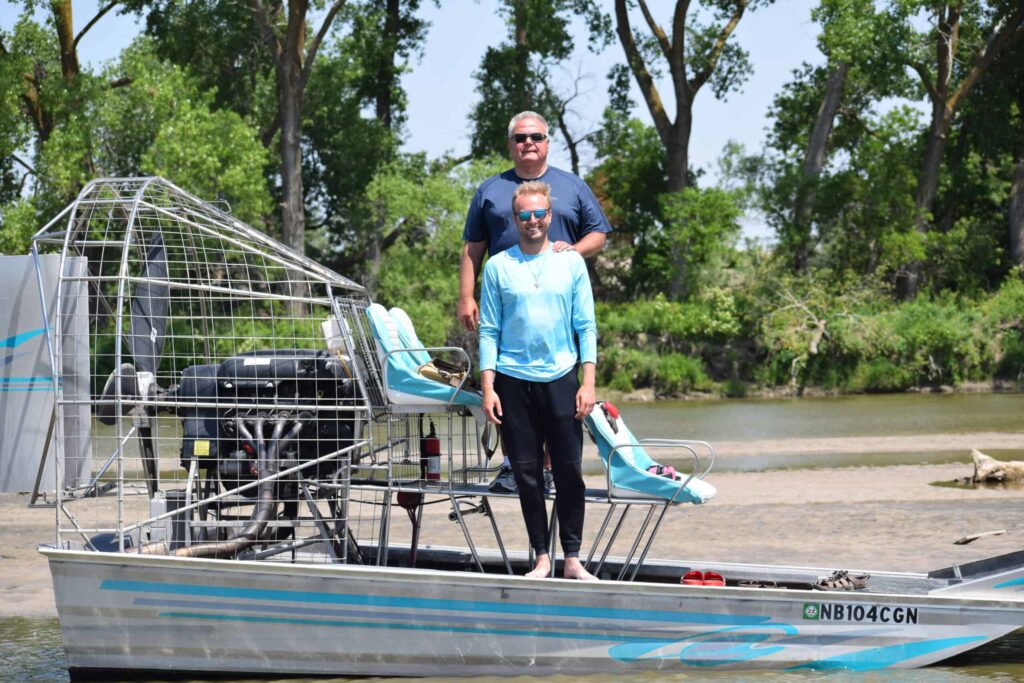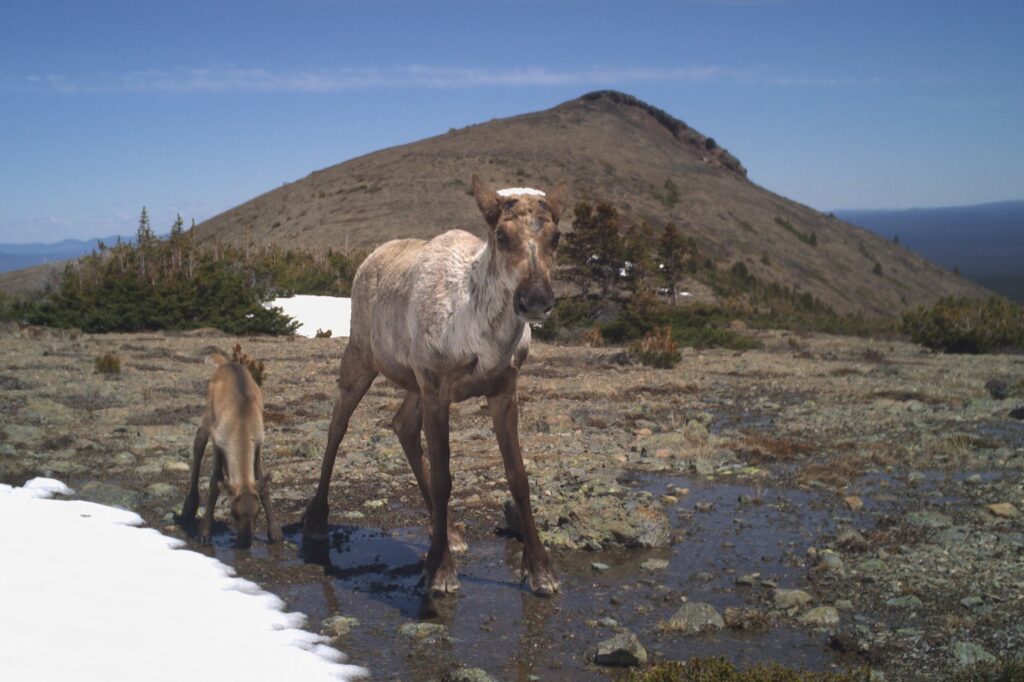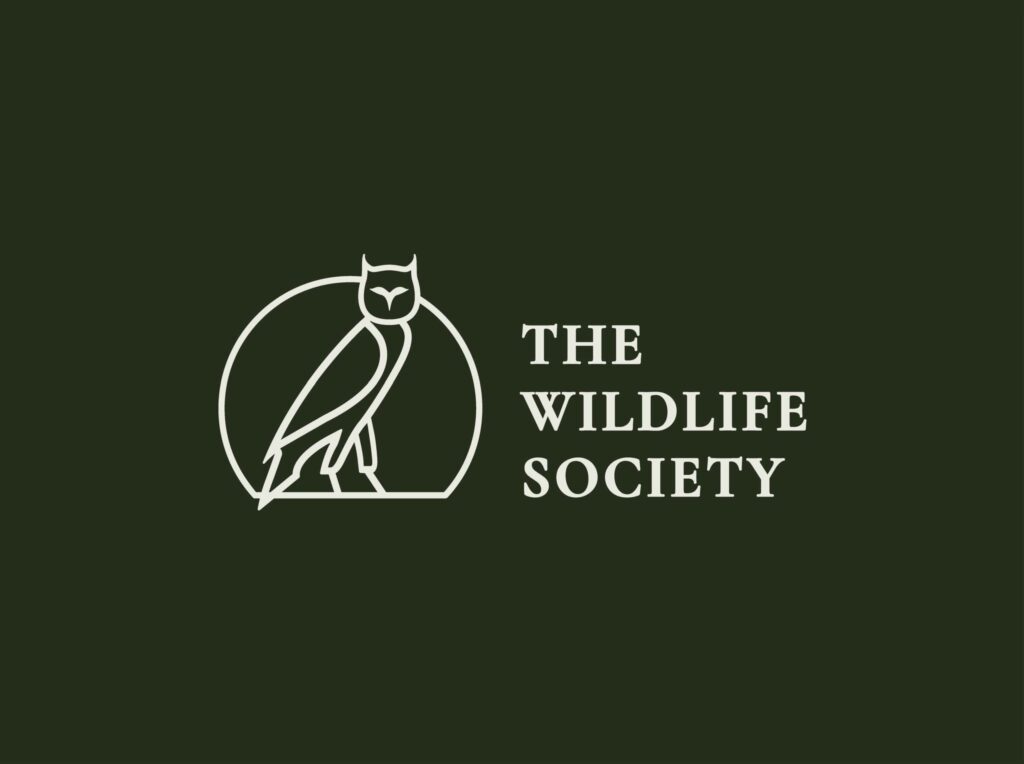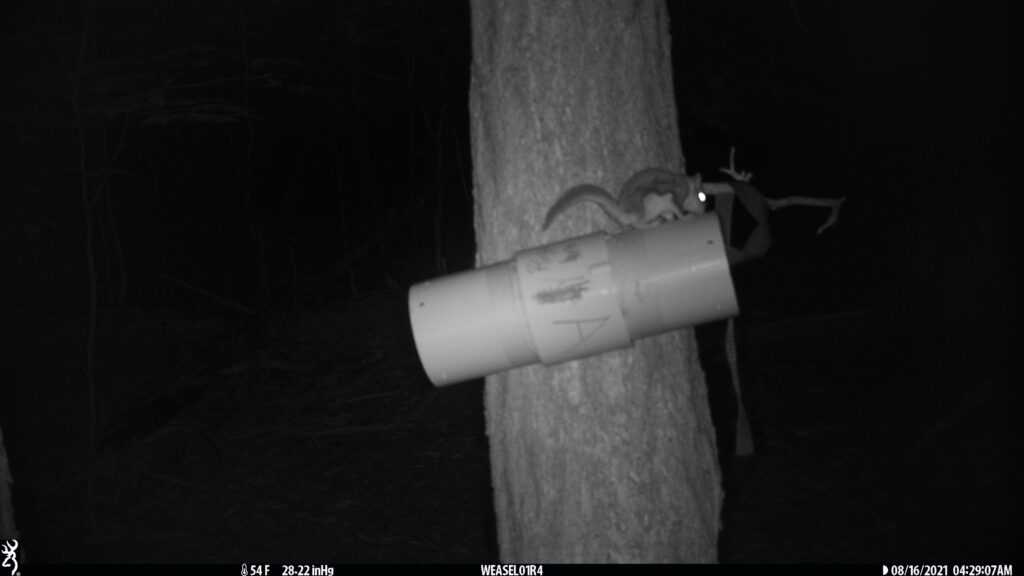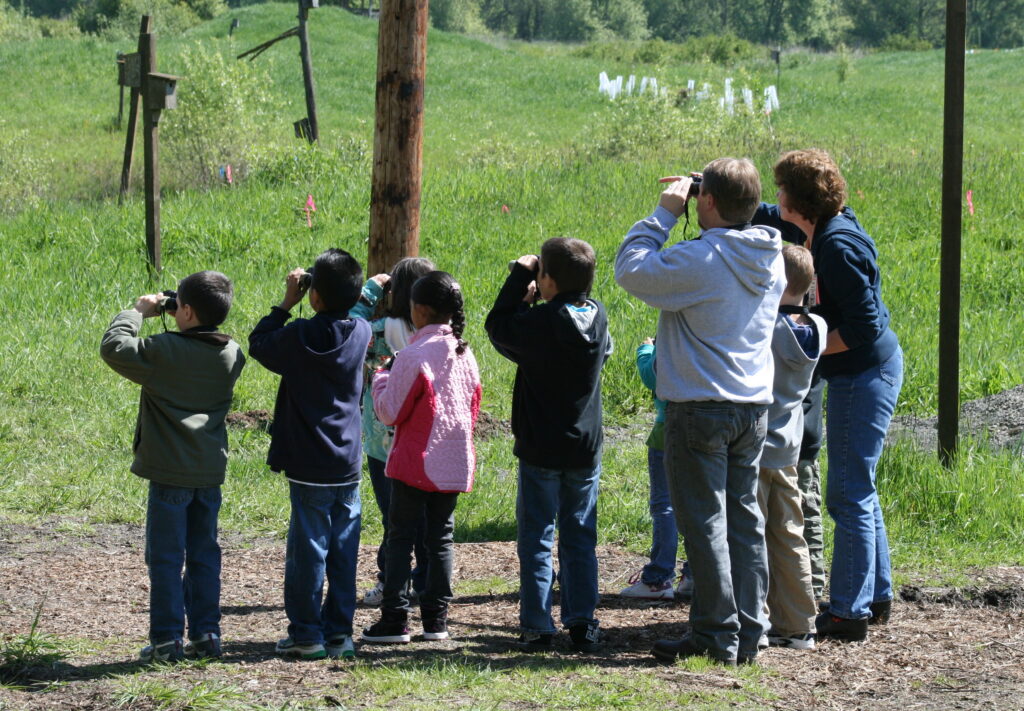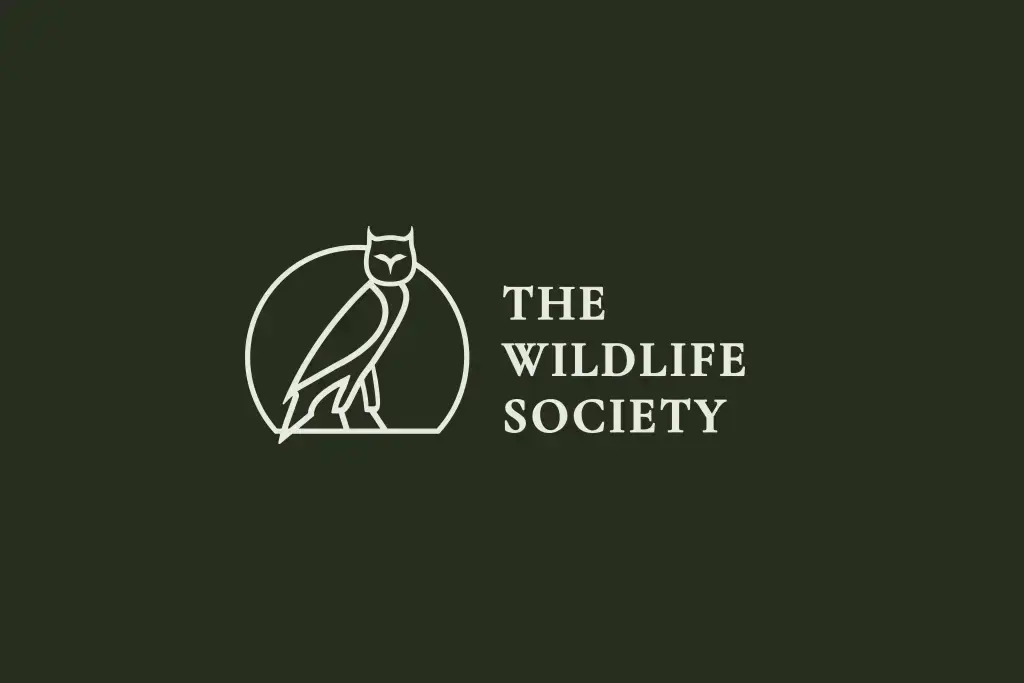Bees and butterflies are among the many species benefiting from an annual grants program funded by the U.S. Fish and Wildlife Service.
FWS recently awarded $5.7 million to large-scale conservation projects across the country through its State Wildlife Grants Program. A portion of the grant will be distributed through the Western Association of Fish and Wildlife Agencies for projects in the western states. In all, 11 states received funding. Many of the states and their partners have contributed additional money to supplement the federal grants and aid the projects.
Hannibal Bolton, assistant director of the FWS Wildlife and Sport Fish Restoration Program, says joint proposals for projects that spanned state borders were a common theme this year among the proposals submitted for review.
“A lot of species migrate,” Bolton said, noting that some states are collaborating to improve species habitat and conditions and monitor a possible response to these efforts.
Several of the 17 approved projects focus on pollinator conservation. Two separate multi-state projects — one in Minnesota and Wisconsin, the other in Michigan and Ohio — totaling over $1 million will restore habitat for the federally endangered Karner blue butterfly (Lycaeides melissa samuelis). Another in Idaho and Washington will integrate strategic conservation approaches for monarch butterflies (Danaus plexippus) into the State Wildlife Action Plans. The Kamehameha butterfly (Vanessa tameamea) in Hawaii will be bred in captivity with hopes of releasing large numbers of the species into the wild.
In New Jersey, about 400 bee species will be studied to determine which are rare and what their habitat conservation needs are. The New Jersey Department of Environmental Protection (DEP) will give the majority of the grant money it was awarded to Rutgers University, where it will fund postdoctoral research. Tina Harrison, a Ph.D candidate at the university, will lead the study.
“This project will make New Jersey the first state in the USA to assess all of its native bee species in this way,” said Rachael Winfree, associate professor at Rutgers. “The SWG funds will allow us to collect additional data in locations where we found rare bees in the past, to better determine what habitats rare bees use.”
Some of the other projects include restoring high-elevation dry forests in Hawaii, administering a sylvatic plague vaccine to prairie dogs (Cynomys ludovicianus) in Arizona, and recovery of the bog turtle (Glyptemys muhlenbergii) in several states in the mid-Atlantic and northeast.
Article by Nick Wesdock